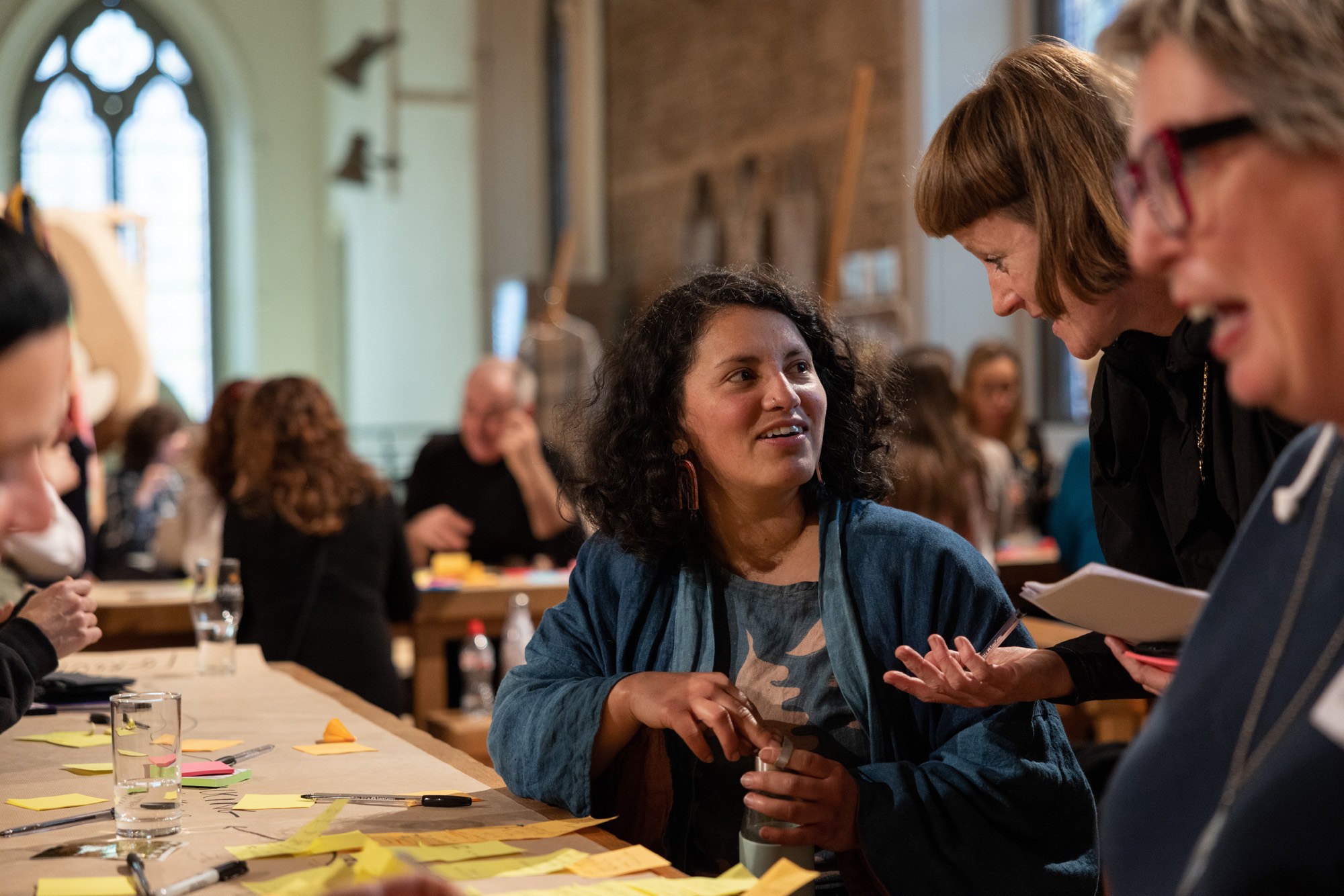
CFA modules at UCD 2023 – 2024
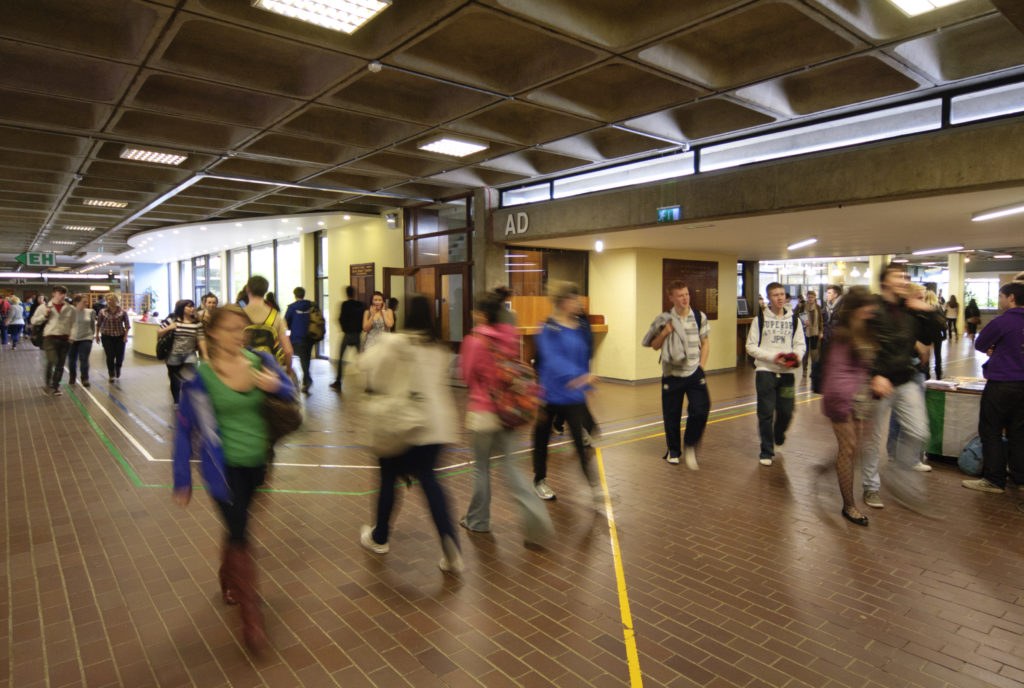

Based in the College of Arts & Humanities, the Creative Futures Academy in UCD offers a BA Humanities in Creative & Cultural Industries and the MA in Writing for Stage & Screen, as well as a suite of modules to enrich and enhance our existing undergraduate and postgraduate programmes.
Below are the modules running in the Autumn and Spring in UCD.
Please note: These modules are only open to current UCD students.
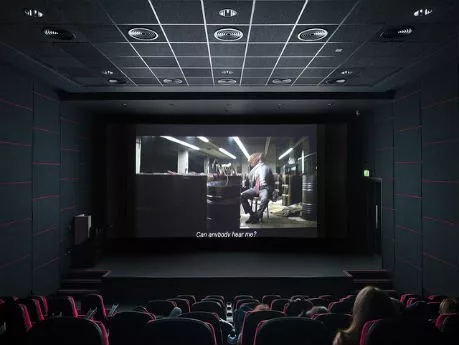
Over 12 weeks, this course will provide an immersive dive into contemporary Irish cinema culture and introductions to key creative forces within film production, while also exploring the areas such as exhibition and distribution and explore how our national cinema is shaped by film criticism and media. The course will be structured around a weekly interview with a noted film practitioner, accompanied by a related screening. It will outline the diverse backgrounds, routes, training and influences of key creatives and outline the structure of filmmaking teams and their role in contemporary Irish cinema. The curation and programming of film is a vital element of cinema exhibition and this course will offer students the opportunity to learn about key aspects of film programming, engage with industry experts and design their own film event.

The aim of this course is to focus on the processes of creativity and creative collaboration across the three subject areas of English, Drama and Film. Students will engage with a number of case studies that will introduce them to the dynamics of creative production in the broad context of the creative industries. Students will benefit from engagement with a number of distinguished UCD Creative Fellows who will make guest contributions during the term. In terms of assessment, students will be required to produce original creative outputs rather than conventional academic essays and assignments.
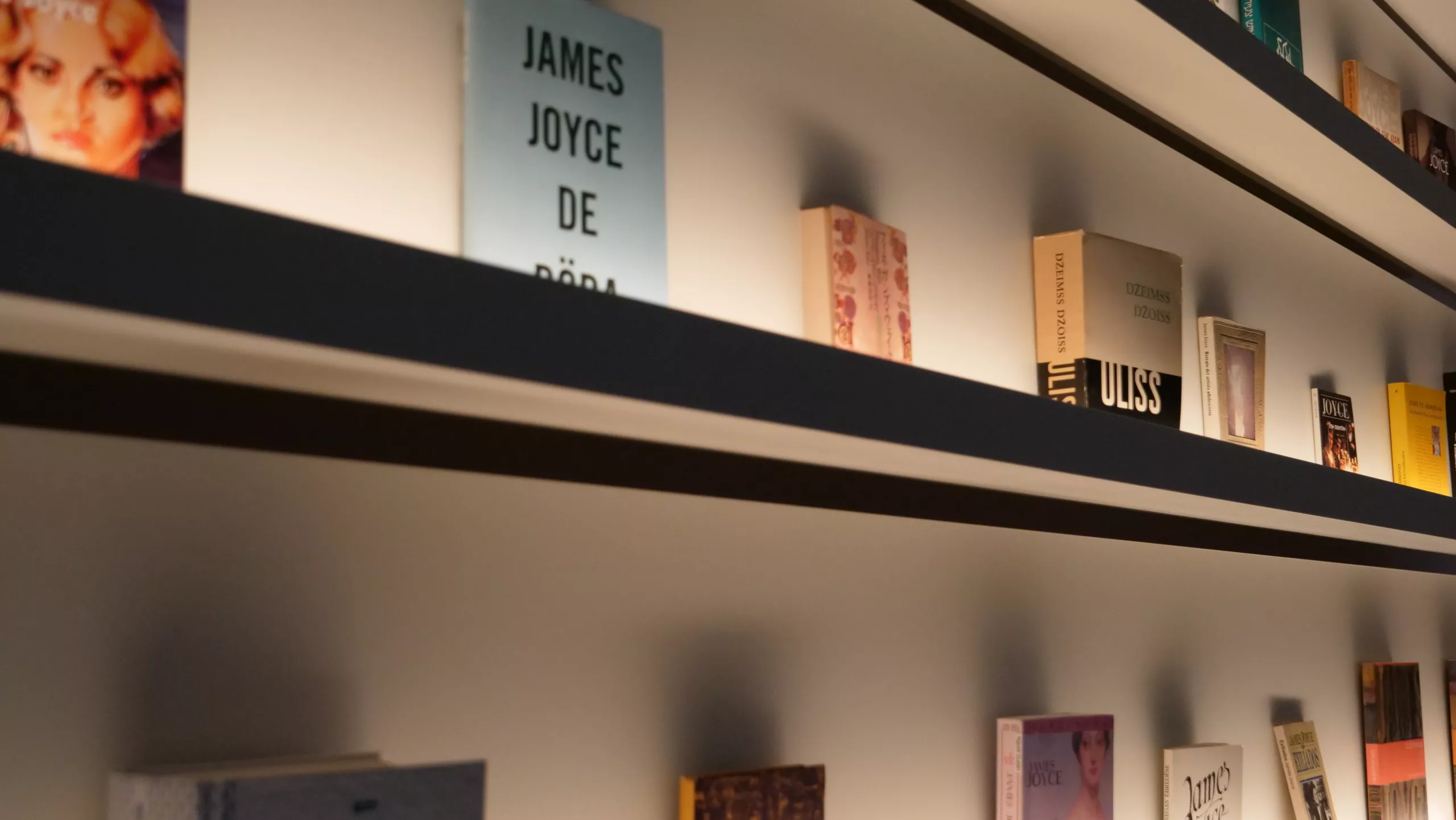
This module explores the representation of Dublin as a city in literature from the 19th to the 21st centuries in poetry, drama and prose from a variety of historical and theoretical perspectives. Some indicative writers on the course are: James Joyce, Sheridan Le Fanu, Mary Laffan, WB Yeats, Sean O’Casey, Brendan Behan, a selection of 20th-century women poets, Samuel Beckett, and Elaine Murphy.
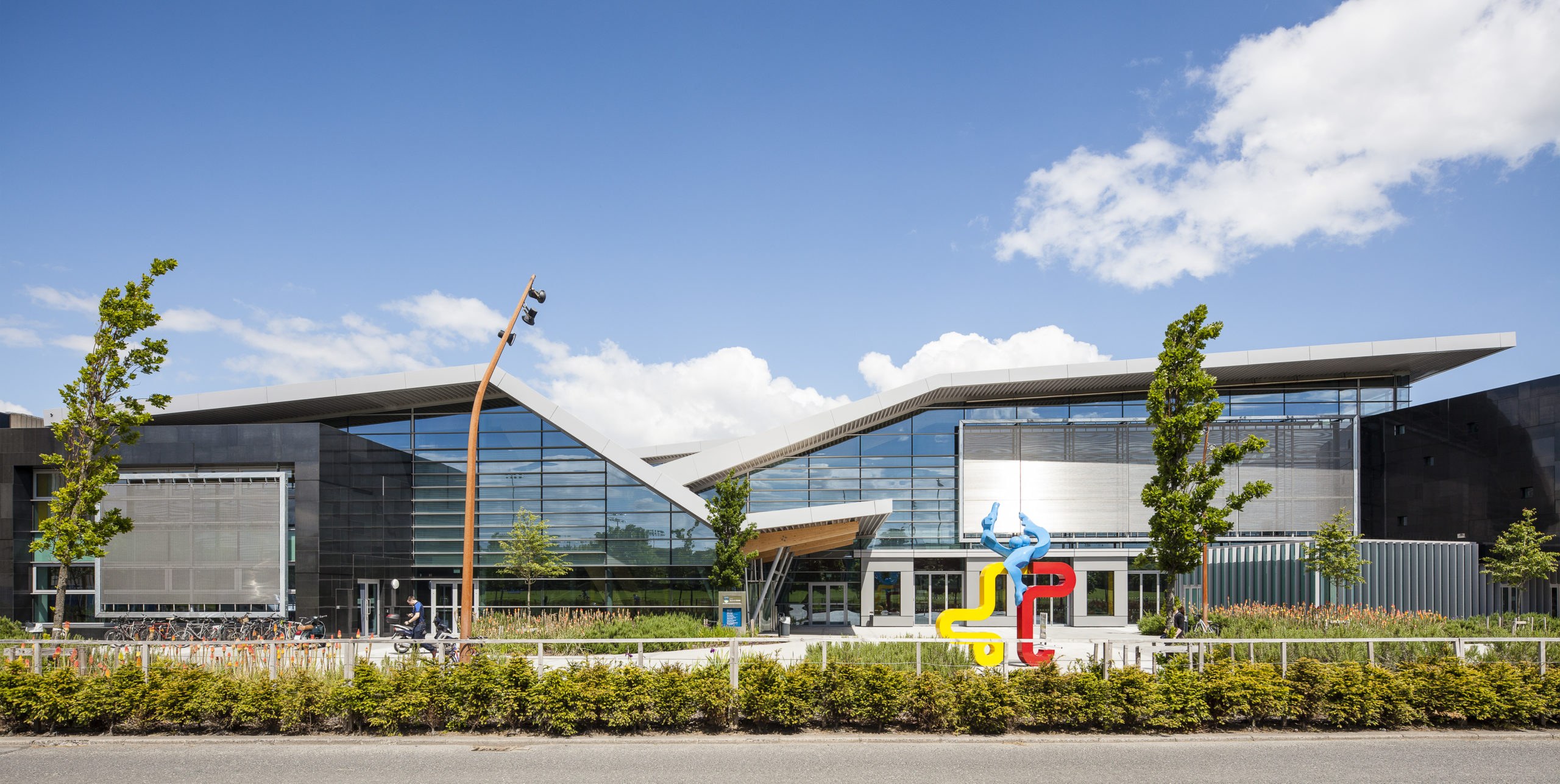
The course will begin by exploring American architectures of nation building and enslavement, and spatial practices of resistance, with readings from Hannah Crafts, and Edgar Allen Poe. We will consider the the evolution of the domestic novel, true womanhood, and gendered spatial resistance in Pauline Hopkins s Contending Forces and Charlotte Perkins Gilman’s utopian novels. The final section of the course will focus on alternative housing forms, visiting Anzia Yezierska s institutional homes for immigrant women, queer single homes, roommate fictions, and lodging-house novels, in order to consider the radical contours of turn-of-century urban rental housing.
We will introduce the Architectural Humanities through close reading and spatial analysis, theories of feminist and alternative geography, sketching exercises, the history of emotions, and finally, a final creative team project (or essay).
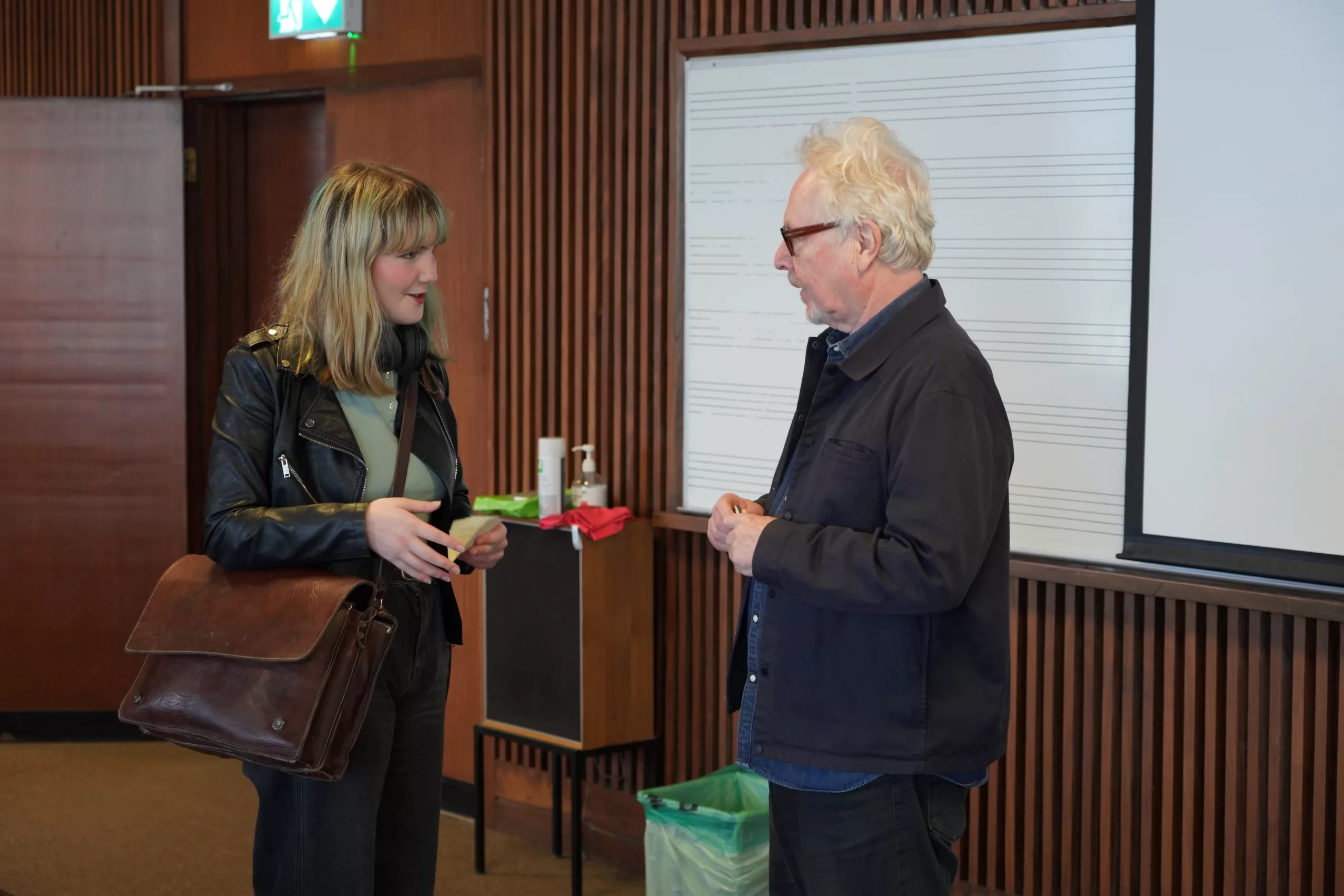
In this module, students will explore the relationship between words and music by analysing a wide variety of song-writing techniques from different genres and eras. Students will be given a number of short writing assignments to master the various techniques taught in class. The aim is to equip students with a wide range of writing techniques which can be applied to a broad variety of creative working environments.
The students’ final songs will be shared in a workshop masterclass with special guest artists from the music industry who will offer their professional feedback and insight.

This module will train students to put traditional Irish music theory into practise. Students will be introduced to a wide range of traditional repertoire and practices, including composition and arrangement techniques, taught by our special guest Artist-in-Residence, the legendary Irish musician Dónal Lunny (co-founder of Planxty, The Bothy Band, and others). Students will then apply the skills learnt to their own performances, compositions or arrangements, which will be submitted at the end of the semester.

This module equips writers with the specialized skills for script development across a variety of genres. Over twelve weeks, our intention will be to lift ideas from the page into the material world. Collaborative in-class exercises and portfolio assignments will explore how voice, gesture, movement and space contribute to meaning within the frame of the screen.

Solo performance is one of the most vital and innovative areas of contemporary theatre practice. Its immediacy and flexibility make it attractive to many theatre artists, writers and actors who wish to test new ideas, experiment with form, and take their first steps in the theatre industry.
This module offers a supportive and structured opportunity to develop your own original work of solo performance. In a workshop setting, students will work alone, in small groups and collaborative partnerships to develop their own distinctive approaches to developing ideas, generating material, writing, devising, performing, and shaping your work towards performance.
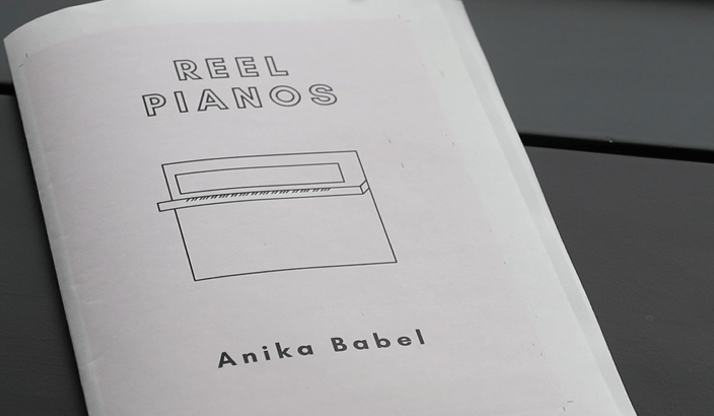
In this module, students focus on producing a creative output based on their current academic research, rather than conventional academic essays and assignments. The module is designed to facilitate students and early-stage researchers in thinking creatively about their field of research, and exploring the innovative public outputs – from performances and podcasts to exhibitions and creative collaborations – which will bring new audiences to their research.
Students benefit from engagement with, and mentoring by, a number of distinguished artists-in-residence as well as academics with experience of the creative arts and the creative industries.
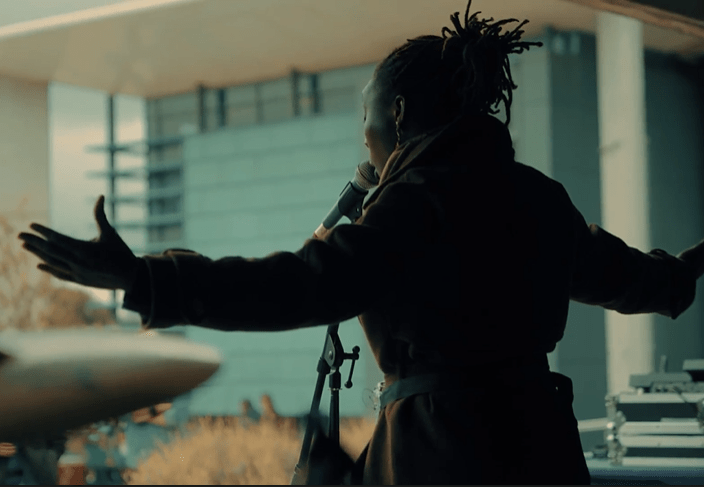
This module offers students the opportunity to hone and activate your written communication skills for the contemporary professional world. It is an intensive one-week module.
In hands-on workshops led by experienced industry professionals, students will learn how to write accurate, persuasive, dynamic texts to engage and inform target audiences in professional contexts.

This module offers students an introduction to theatre’s role in culture and society, and to working roles in theatre and performance. Using examples of international practice, students will examine key roles in the collaborative creation of the theatrical event, and gain insight into current debates on the artistic, and cultural functions of live theatre and performance.
In Small Group Teaching groups students will learn about selected aspects of live performance, principles of space and design, audience responses and dramaturgy. Students will visit a performance and write an analysis of what they have seen.
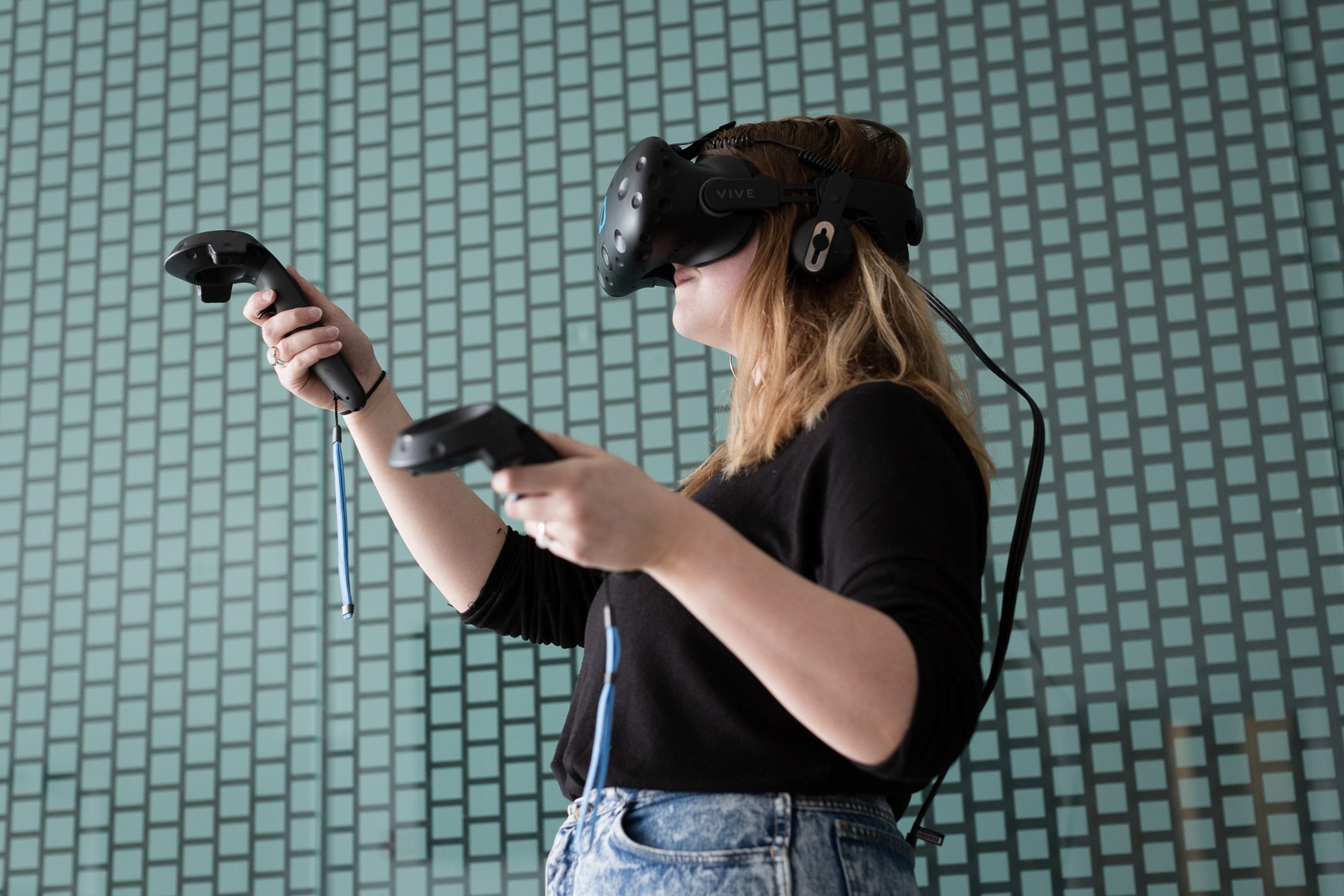
This module introduces the history, technology, and culture of video games, from how they developed, how they work and how we interact with them, to a broader examination of the industry and video game culture. Video games incorporate visuals, audio, narrative and gameplay mechanics to form holistic experiences: this module presents an overview of these creative elements and the technology used to combine them into cohesive, interactive experiences.
Digital games developed within a historical context that students will explore using a range of analytical tools from media, technology and cultural studies, in order to interrogate relationships between gaming and wider culture.
Topics covered in the module include: Video games and algorithmic culture, the ethical considerations of designing, creating and selling video games, representation of race, gender and sexuality in gaming, digital distribution services like Steam, new technologies and gaming, and the role of video games in the future.

In this practice-based module, students will produce a digital artefact (for example, a downloadable soundwalk or audio tour) under the guidance of the teaching team and guest speakers.
The format, thematic content, and structure of the artefact will be generated in response to a brief provided by a group of key stakeholders with whom students will meet early on in the trimester. Students will then develop their own creative vision for the artefact and will be taught the production skills (compositional, editorial, technological) necessary to realise that vision.
In this module, students will gain insight into how creative industries work and the strict timelines required for delivery. This practice-based approach will provide each student with the discipline required in professional environments, experience with creative collaboration, and participation in a high-stakes project that will form part of the offering at the UCD Festival.

This course is a further introduction to literary magazines, especially in Ireland, and to the work of editing in particular. We will also engage in active editing work, including copy-editing, and proof-reading. Students will examine the history of magazines in Ireland and elsewhere to the present day and investigate their impact on literary culture. We will take stock of the current magazine landscape, print and digital. We will also study the art and technique of editing through reading essays by editors, editor-author correspondence, and original and edited texts, and produce our own literary journal online.
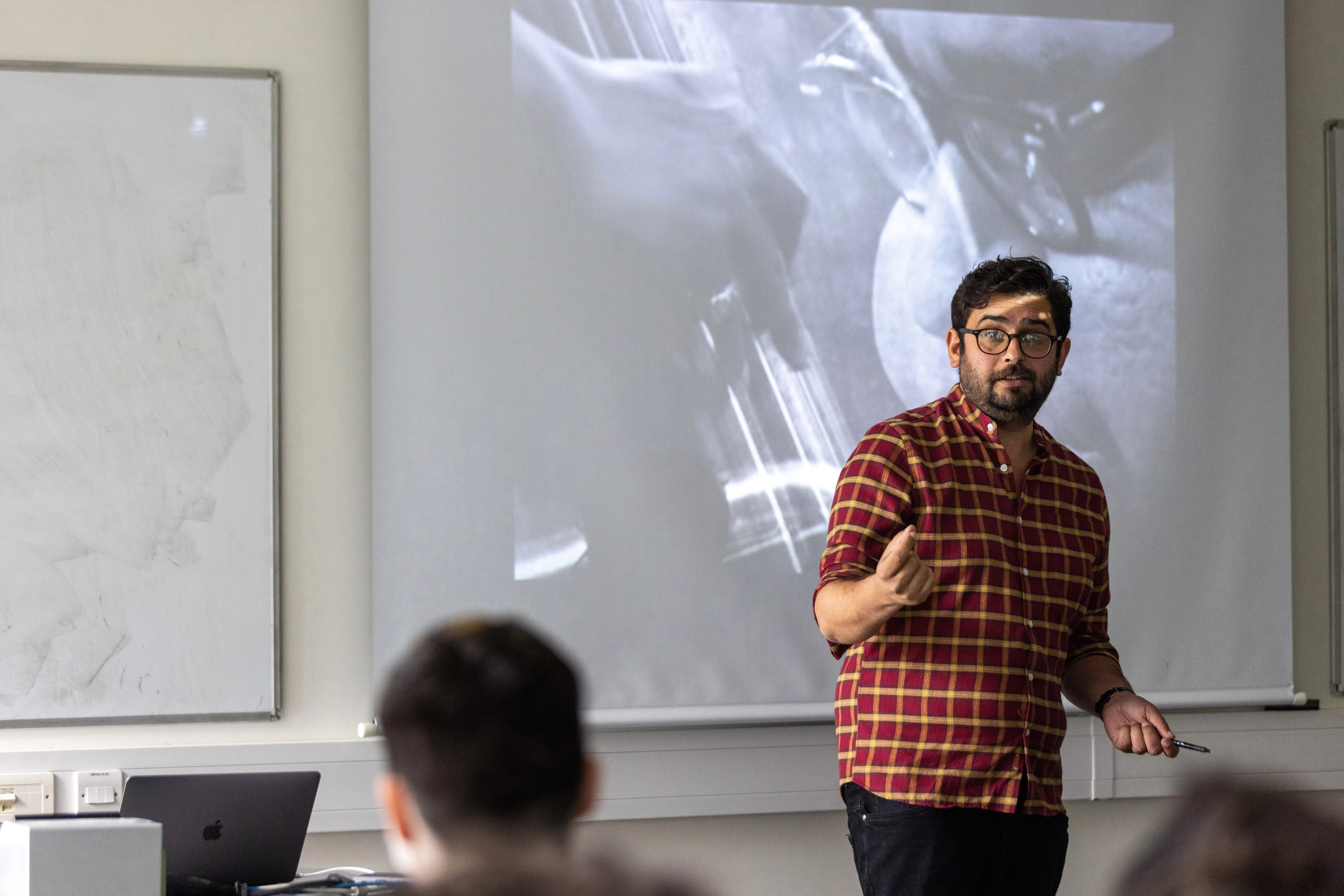
This module builds upon the close attention to screenwriting craft and industry knowledge introduced in DRAM40050 Writing for Screen. The module simulates and so prepare students for professional script development and script-editing processes.
Teaching will combine group work and one-to-one mentoring, instilling the ambition and discipline that will enable autonomous student development once the MA is completed. The module acknowledges that professional networks are essential for advancement in the creative industries: students will engage with visiting industry professionals and interact with film-makers and animators from IADT, a Creative Futures Academy partner institution.
A CFA scholarship encourages the participation of learners from sections of society that are significantly under-represented in higher education by offering one free place on all of our CFA short courses.